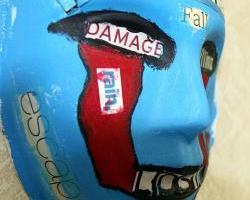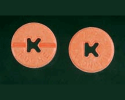Post-traumatic stress disorder (PTSD) can be caused by many things. It is most often associated with military service and combat, but it can come from other traumatic events like abuse, natural disasters, accidents and others.
What's more, PTSD often does not manifest for months or even years after the triggering event, making a connection hard to come by.
How PTSD Affects Loved Ones
One thing not often considered with PTSD, however, is how it affects the people around the person suffering. Wives of military veterans, for example, are one of the few groups in this position who've been studied to any real extent, and those studies have found that the families of PTSD sufferers often suffer from PTSD-like symptoms themselves, though usually of lesser severity.
The reasons are unknown but could be from sympathetic feelings associated with the sufferer (a spouse becoming mildly symptomatic) or as a new onset of PTSD (or a similar disorder) due to the trauma of witnessing the effects of PTSD on a loved one. It may be a combination of these two things or even something entirely different. Secondary PTSD, while not an official disorder in the DSM-5, is widely accepted in psychology as the term used to describe the symptoms of those suffering as a result of the person with PTSD.
Awareness Can Help
What is known is that a person who develops PTSD is likely to cause others around them to have similar symptoms. This does not mean that friends and family should turn their backs on the PTSD sufferer, but they should be aware that they too are vulnerable. Even therapists are not immune. Luckily, awareness often reduces or eliminates these secondhand effects.
One of the primary goals of counseling for PTSD sufferers is to find the root cause – the trauma(s) that created the PTSD – so that the anxieties and fears associated with that event can be talked out and vented. This often leads directly to a reduction in PTSD symptoms.
It's for these reasons that therapy and group therapy involving loved ones and family is so important to helping those who suffer from PTSD.








